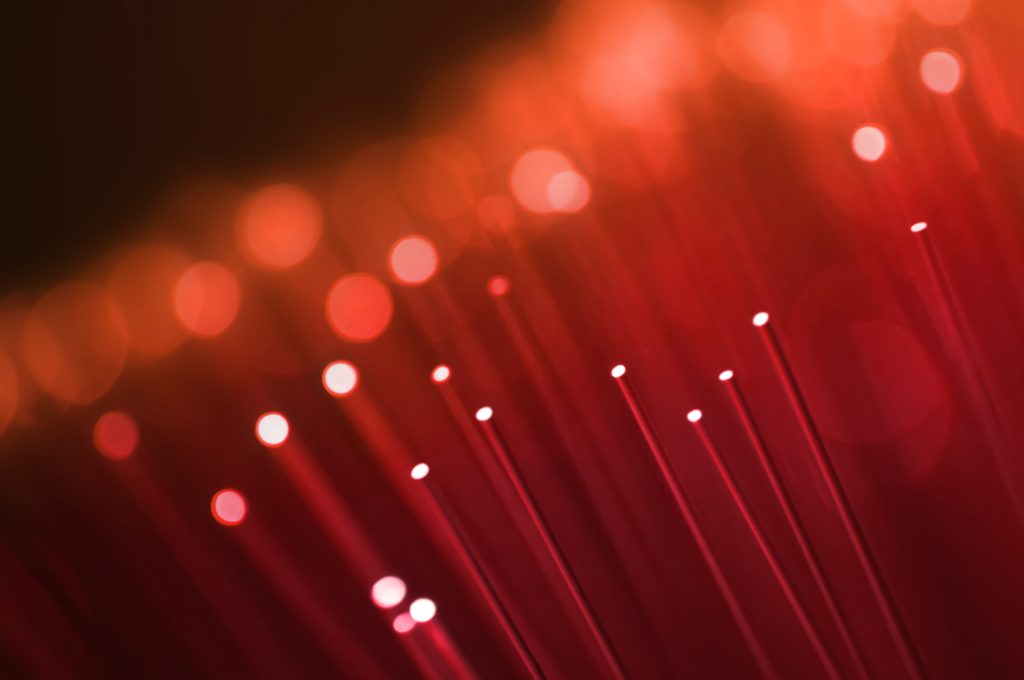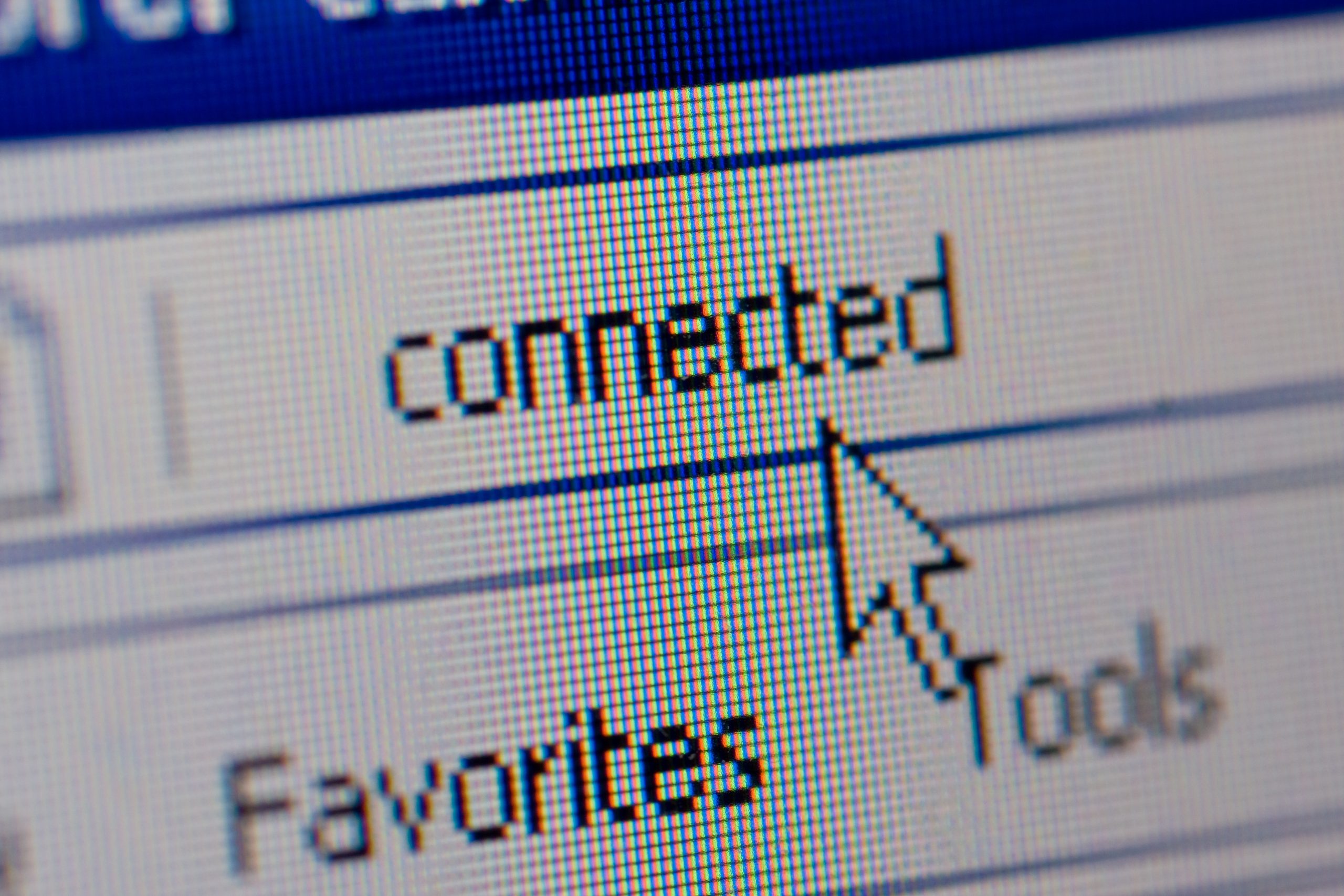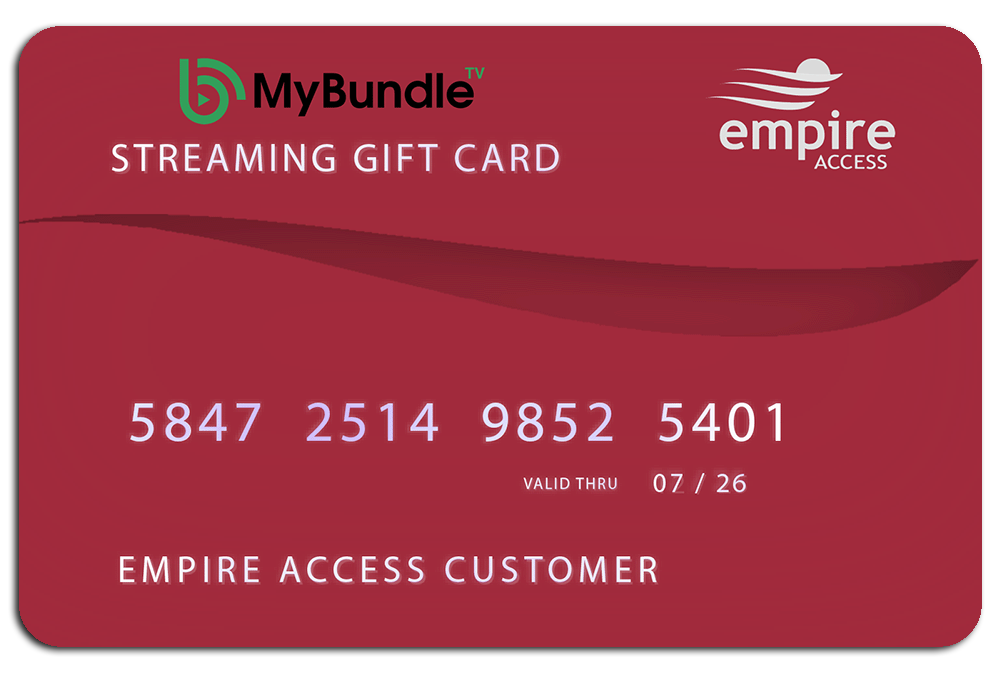Recent Articles

Setting Up Your Empire Access Customer Portal Account

Our e-commerce portal makes managing your plan easy. Never worry again about missing a payment, keeping track of your payment history, creating a trouble ticket, and more. The best part is, signing up is so easy! *Please note: Log in to the Empire Access Customer Portal is available after your first billing statement To sign up for the customer portal, follow these steps: How To Set Up Your Account How To Login In To Pay Online If you have any questions, please feel free to reach out to us at 1-800-338-3300. Our customer service team is available 24/7
Empire Access Announces Exciting Partnership with the Scranton/Wilkes-Barre RailRiders

Scranton, PA, April 10, 2025 – Empire Access, a leading provider of fiber internet to northern Pennsylvania and southern New York, is thrilled to announce a new partnership with the Scranton/Wilkes-Barre RailRiders, the Triple-A affiliate of the New York Yankees. This collaboration is poised to bring exciting experiences to RailRiders fans and the Scranton/Wilkes-Barre community, combining the excitement of baseball with the cutting-edge technology of Empire Access. Exclusive Fan Experiences Special promotions and events are planned throughout the baseball season, offering fans unique opportunities to engage with the team and the community. We’re counting down the day until April 8th when we will be in attendance to watch the season opener against the Rochester Red Wings. Then on May 30th we’ll be back again. Be sure to visit our table where you can learn more about our services, get free Empire Access merchandise, learn about exclusive offers, and enter in to win a free VIP Suite night on June 27th when the RailRiders square off against the Boston Red Sox’s Triple-A affiliate, the Worcester Red Sox! But the giveaways don’t stop there. Fans are encouraged to visit our Fan Compass campaign on the RailRiders website ranging from May 2nd to June 12th, offering RailRiders fans the ability to opt-in to a fun campaign promoted by Empire Access that includes another VIP Suite for a future RailRiders game including 18 tickets and 2 parking passes as well as a gift from Empire Access! Strengthening Community Ties Both Empire Access and the Scranton/Wilkes-Barre RailRiders are committed to making a positive impact in the community. Through this partnership, they aim to foster greater community involvement. By working together, they hope to create memorable experiences for fans and residents alike. Empire Access first announced its expansion into Scranton in November 2022 and began construction the following February. It now provides award winning home internet to residents and businesses along with communication solutions like home phone, entertainment options like television and streaming, and even home security. Looking Ahead As the baseball season unfolds, Empire Access and the Scranton RailRiders look forward to a successful partnership that enhances the fan experience and brings the community closer together. Stay tuned for more announcements and exciting events throughout the season! Empire Access is proud to be a part of the Scranton community and is eager to support the RailRiders in their pursuit of excellence on and off the field. Here’s to a season full of thrilling games and memorable moments! About Empire Access Founded in 1896 with a single telephone line in Prattsburgh, NY, Empire Access has grown significantly as a local communications provider serving large areas of Upstate New York and Northern Pennsylvania. Empire Access offers a wide range of products and services from scalable high-speed fiber optic internet, TV, phone, and advanced security solutions. Responding to a variety of business and consumer needs, Empire Access continues to expand into new areas while retaining a strong focus on local and personalized customer service. In 2017, 2018, and 2021, Empire Access has been awarded for Best Internet Service Provider in the Southern Tier region of New York, the Southern Tier Award as well as the best FLX Award. Empire Access was named the fastest Internet Service Provider in the Northeastern United States for two consecutive years by PC Mag. In January of 2023, Empire Access closed on a majority investment from funds controlled by Antin Infrastructure Partners. Learn more at www.empireaccess.com. About The RailRiders In 2008, PNC Field became the official home of the RailRiders. Located just 2 hours North of Philadelphia and 2 hours west of New York City, PNC Field is no stranger to both local and out-of-state traffic. The mission of the Scranton/Wilkes-Barre RailRiders is to provide fun, affordable, family-entertainment, to our community, while striving for unprecedented success on and off the field. We are dedicated to upholding our strong tradition of creating a winning environment where Yankkes players can develop their baseball skills while learning to give back to the community. The Scranton/Wilkes-Barre RailRiders take great pride in our storied history as a Northeastern Pennsylvania gathering place as we embrace new technology, continuously improve our home, and welcome more fans than ever to the RailRiders experience. To learn more about Daily Promotions, Theme Nights, Giveaways, and more, visit https://www.milb.com/scranton-wb. Empire Access Media Contact: Mark Lamendola Director of Marketing Tel: (800) 338-3300 Email: mark.lamendola@empireaccess.com Photo Caption: Empire Access Vice President of Sales Bob R. VanDelinder poses with Scranton/Wilkes-Barre RailRiders mascot CHAMP.
Get started with Empire Access
Customized cost-saving solutions for internet, phone, TV, and security over a 100% fiber connection.
Online pricing is available to residential customers only.








